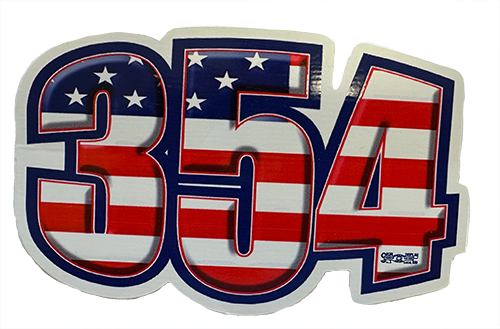Plumbing Disasters: A few ways to prevent serious plumbing problems
A Bit About Plungers
May 22, 2012What is checked during a plumbing inspection?
July 27, 2012Nobody wants to have to deal with a plumbing disaster. We are so reliant on efficient plumbing – for showering, cooking, cleaning, and hydration – that any plumbing-related problem is a major inconvenience. And a plumbing disaster is an extreme inconvenience. So in order to help you avoid all problems, big or small, we would like to share these few bits of advice that will go a long way, if heeded.
1. Keep an eye on what’s going down.
It is extremely important to prevent certain materials from going down the drains of your sinks and showers as well as your toilet bowls. Always keep non-biodegradable items out of the toilet. This pretty much means nothing but toilet paper should be flushed. Even if the item seems harmless, like a paper towel (which over time could cause a backup). By allowing such objects to go down the toilet or drains, you could be potentially causing a major clog that will require a professional to fix. You may want to consider purchasing a drain cover to prevent harmful materials from going down.
The same principles apply in the kitchen. Food should go into the garbage disposal or trash can. Grease and excess fat should not be allowed to go down into the drain, because these fluids will solidify at room temperature in the pipes. Always allow grease and oil to solidify in a container outside of the drain, then throw it away in the trash.
2. Protect your pipes.
In colder temperatures, particularly a below-freezing environment, pipes may be in danger of freezing and prevent water from flowing. Sometimes pipes get so cold that they actually burst, which is probably the worst case scenario. If this happens, shut off the water supply to your house and call a plumber.
During the colder months, always be sure to wrap your pipes. If you are not comfortable doing this yourself, you may hire a plumber to do it for you.
3. Address problems immediately.
Letting minor plumbing problems go for too long may allow them to progress into major (and expensive) problems. It is best to address all problems right away, no matter how small, before they turn into disasters. The best way to avoid these disasters is prevention.
